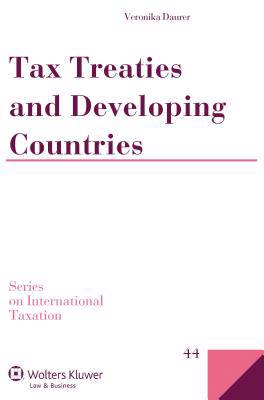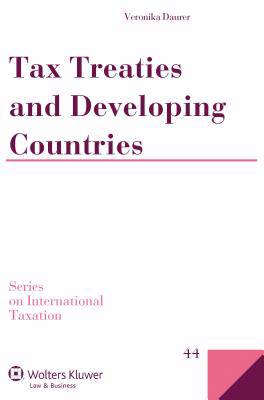
- Retrait gratuit dans votre magasin Club
- 7.000.000 titres dans notre catalogue
- Payer en toute sécurité
- Toujours un magasin près de chez vous
- Retrait gratuit dans votre magasin Club
- 7.000.0000 titres dans notre catalogue
- Payer en toute sécurité
- Toujours un magasin près de chez vous
185,45 €
+ 370 points
Description
Countries eliminate the burden of double taxation for their taxpayers who engage in cross-border business activities by negotiating tax treaties with other countries. In the case of developing countries, tax treaties are often entered into with the additional purpose of attracting foreign investment as a path towards development. It is not clear, however, what role such agreements play in a country's development efforts.
Spécifications
Parties prenantes
- Auteur(s) :
- Editeur:
Contenu
- Nombre de pages :
- 341
- Langue:
- Anglais
Caractéristiques
- EAN:
- 9789041149824
- Date de parution :
- 05-12-13
- Format:
- Livre relié
- Format numérique:
- Genaaid
- Dimensions :
- 156 mm x 234 mm
- Poids :
- 689 g

Les avis
Nous publions uniquement les avis qui respectent les conditions requises. Consultez nos conditions pour les avis.






